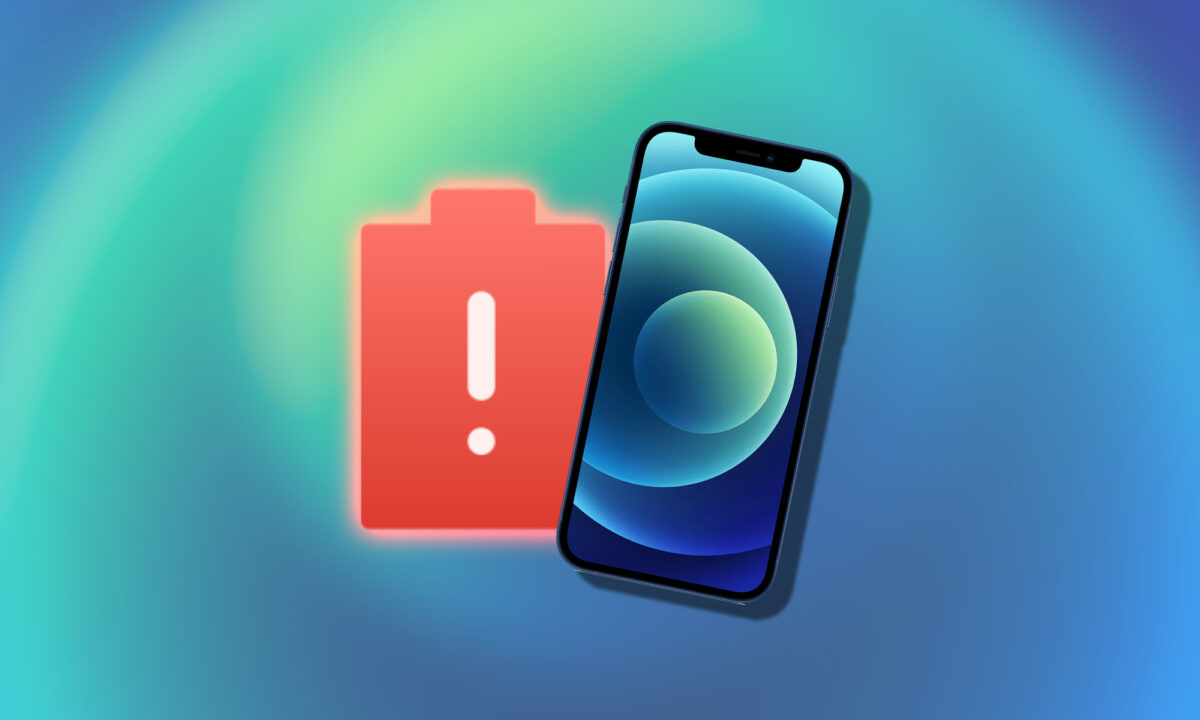Opening an app seems like the most natural thing in the world to us, but for the operating system, it's a bit more complex. In simple terms, the operating system has to load into memory the files and resources that make up the app. At the same time, it has to execute the app's code to start performing the calculations and functions it requests.
Thus, an app occupies two resources on our device: on one hand, the RAM where information is stored, and on the other, processing time, i.e., the time it takes for the processor to perform the calculations required by the app.
What does closing an app mean?
Generally, "closing an app" simply means stopping to see it. With a swipe-up gesture, we exit the app's view. As before, this process is a bit more complex for the operating system.
System resources (memory and processor) are finite and are therefore allocated following priorities. The apps we have on screen have the highest priority. The moment we exit one of them, its priority level drops to practically zero. From this moment, the system will only allow the app a very short extra time, about a minute approximately, so the app can organize its memory before the system suspends its processes.
Exiting is not the same as forcing a close
If we force an app to close, by entering multitasking and then swiping up the app, the closing system is completely different. In this case, we don't just stop seeing an app, but we ask the system to close it immediately and completely. Thus, the system immediately stops any process of the app and also purges from the RAM all content related to it.
To force or not to force?
All apps on our devices use memory resources and processing resources. These resources are very valuable because, being finite, their allocation directly affects the speed and performance of the entire system.
So, is forcing apps to close a good habit? Clearly not. Let's explain from the point of view of memory and processing resources.

From the memory point of view, the system keeps in memory the files of the app we just used, why? Because if we reopen the app, they are available and don't have to be loaded from storage into memory again.
It's important to remember that the system is smart enough to purge from memory all those old elements we no longer use when the level of free space is too low.
So, keeping the memory empty is not better; on the contrary, it's wasteful and simply forces the system to load all the content into memory again every time we open an app. A process that, even if small, consumes time and, above all, battery, as much as we remember to take care of our iPhone batteries.
From the processing point of view, the system automatically closes the app after a prudent time (about a minute) in which it is allowed to organize and end its activity in a controlled manner. Therefore, forcing the closure of apps only "improves" performance for a scant minute. But on the downside, it can cause data loss and various failures in the apps, as they are not allowed to finish their execution time but are forced to leave it halfway.
All these arguments hope to end the myth that closing apps makes our device run faster. This might have been true 10 or 12 years ago, when technology in this field was more incipient, but it has long since ceased to be valid.
If we want our device to be fast, the best thing we can do is let it take care of its part and we simply use and enjoy it. When we are done using an app, just exit it. The system will take care of the rest.
On Hanaringo | Why Apple is called Apple

